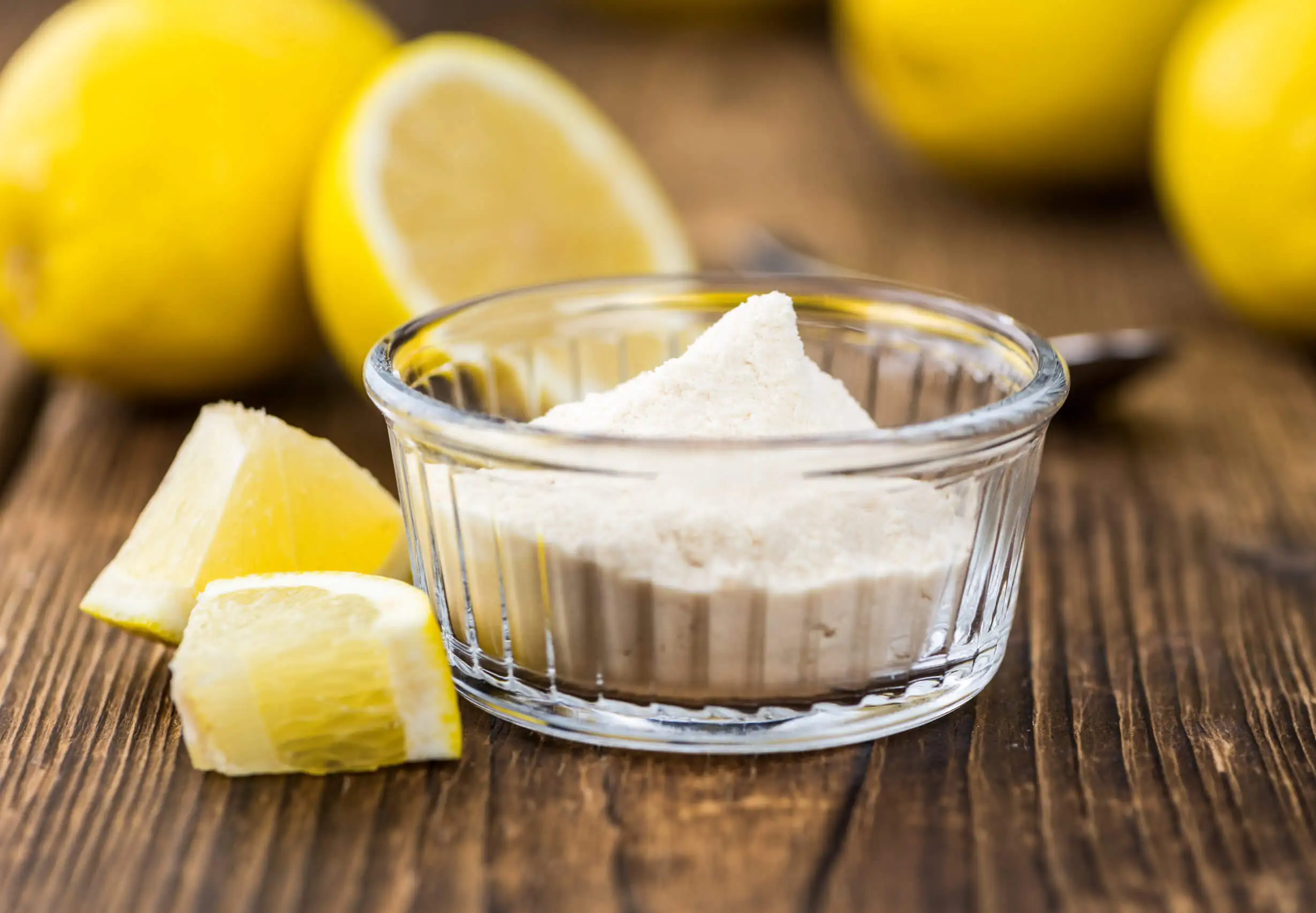Is it Bad to Eat Lemon with Salt?


Written and verified by the nutritionist Saúl Sánchez Arias
Consuming lemon with salt on a daily basis is not advisable for good health, since it’s a combination that presents certain contraindications. However, we must emphasize that lemon, as such, is a fruit that can be included without problem in the context of a varied and balanced diet. It belongs to the citrus group and is able to provide a significant amount of essential nutrients.
Before we begin, we must point out that some people consume lemon with salt on a daily basis because of its supposed medicinal properties. This is a combination that provides different vitamins and essential minerals, which are necessary for the body to function properly. In addition, both ingredients are moisturizing and anti-inflammatory, which can help to prevent certain diseases if they’re included within the context of a healthy diet.
The dangers of consuming lemon with salt
Including lemon with salt in your diet doesn’t have hardly any contraindications, especially when this combination is consumed for the purpose of improving a viral process or to facilitate digestion. However, if the combination is abused, negative effects could be experienced. In fact, there’s some evidence that an excessive intake of salt could alter blood pressure values in predisposed people.

However, it should be noted that not everyone is affected in the same way. It will depend in part on genetic determinants and also on the presence of potassium in the diet. This mineral has antagonistic properties to sodium in terms of blood pressure control. This is evidenced by research published in the Journal of the American Heart Association. For this reason, it’s always advisable to equalize the consumption of both elements to avoid problems.
Lemon, on the other hand, is a source of vitamin C, a key micronutrient for the proper functioning of the immune system. According to a study published in Nutrients, getting the necessary levels of this vitamin can help prevent infectious diseases and facilitate their management. However, consuming too many lemons every day could also increase the incidence of certain kidney problems, especially when we’re talking about more than two pieces.
We think you may be interested in reading this, too: Cucumber, Lemon, and Mint Smoothie That May Help You Slim Down
When to take lemon with salt
To take advantage of the benefits of lemon with salt, it’s not necessary to consume the preparation at a certain time of the day. Some experts recommend that the intake be first thing in the morning, on an empty stomach, but there’s no evidence to support this. The important thing is that this remedy is included in the diet in a timely manner and that it isn’t abused.
After all, there are other strategies that can be implemented to modulate inflammation in the body and to boost immune function. Regular physical exercise will help a lot, for example. Increasing the presence of oily fish in your regular diet will even make a difference, thus improving the body’s balance between omega 3 and omega 6.

Similarly, it should be noted that natural remedies proposed by tradition or popular knowledge are not always positive. They are usually based on experiences or beliefs, but there’s not always a scientific basis to support their implementation. When we talk about medicinal plants, it could be dangerous, since sometimes they interact with drugs at a physiological level.
Be that as it may, before including this kind of remedy in your routine, it’s always advisable to consult with a nutrition specialist. He or she will be able to advise you correctly, in addition to proposing alternatives that are supported by science. There are certain supplements that have the necessary evidence and that are a safe and reliable way to improve the quality of the pattern or to achieve a beneficial effect.
Lemon with salt can be bad if consumed in excess
As you’ve seen in this article, consuming lemon with salt on a daily basis may not be the most suitable for the health of certain people. When we talk about people without pre-existing conditions, the negative effects may not be significant, but we should be more careful if there’s a history or episodes of hypertension. In this case, it would be inadvisable. In the same way, it’s not advisable to exceed the dose of a maximum of two lemons a day in order not to avoid increasing your risk of suffering from kidney stones.
Finally, it’s necessary to bear in mind that sea salt isn’t the same as the one present in ultra-processed foods. The former is considered to be of good quality and necessary for our health. A sodium deficit could increase a person’s incidence of type 2 diabetes and cause alterations in the basic functioning of the body. However, refined salt is used only to enhance the flavor of products, and its nutritional quality is much lower.
All cited sources were thoroughly reviewed by our team to ensure their quality, reliability, currency, and validity. The bibliography of this article was considered reliable and of academic or scientific accuracy.
- Adrogué, H. J., & Madias, N. E. (2014). The impact of sodium and potassium on hypertension risk. Seminars in nephrology, 34(3), 257–272. https://doi.org/10.1016/j.semnephrol.2014.04.003
- Filippini, T., Naska, A., Kasdagli, M. I., Torres, D., Lopes, C., Carvalho, C., Moreira, P., Malavolti, M., Orsini, N., Whelton, P. K., & Vinceti, M. (2020). Potassium Intake and Blood Pressure: A Dose-Response Meta-Analysis of Randomized Controlled Trials. Journal of the American Heart Association, 9(12), e015719. https://doi.org/10.1161/JAHA.119.015719
- Carr, A. C., & Maggini, S. (2017). Vitamin C and Immune Function. Nutrients, 9(11), 1211. https://doi.org/10.3390/nu9111211
This text is provided for informational purposes only and does not replace consultation with a professional. If in doubt, consult your specialist.








